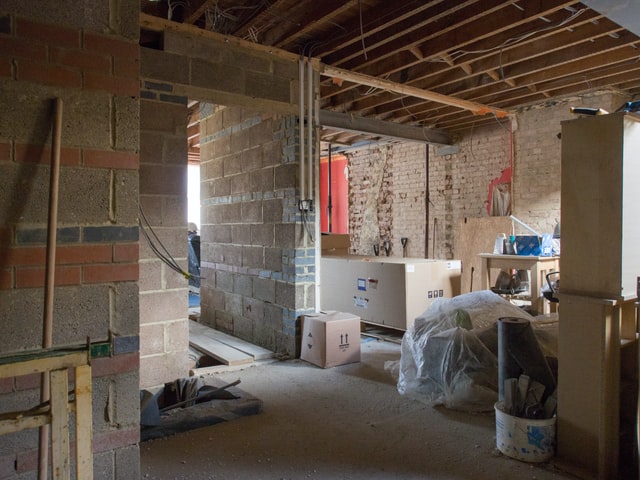Getting a new furnace can make a huge difference, especially if the old one is inefficient. New units don’t have as many issues with short cycling, and your monthly heating bill shouldn’t be as high. Yet, it’s important to consider a few things before making any decisions. Here are a few things to keep in mind while shopping for another furnace.
1. Understand the Furnace’s Annual Fuel Utilization Efficiency
According to Energy.Gov, home heating can make up to 29% of your monthly electric bill, and that’s pretty huge. Look at the AFUE rating on a furnace before deciding whether it’s a worthwhile investment. This describes how much of its fuel is converted into heat whenever it’s on, so it impacts heating costs a ton.
Older furnaces didn’t exceed 70% most of the time, but new ones can go all the way up to 98.5% AFUE. These modern units use condensing flues and a secondary heat exchanger for efficiency.
If your old furnace has a continuous pilot light, it’s probably getting less than 70% AFUE, so it might be time for a new one. Upgrading to an efficient Trane furnace in Edmonton could make winters more affordable.
2. Learn the Difference Between Heat Production, Distribution, and Control
Besides the furnace, you also need to consider how the air is distributed and controlled in the house. Most homes use a forced-air distribution system, but radiant heat is becoming popular. If your home uses a traditional furnace, it likely has a forced-air system. Usually, it would be too expensive to switch to another system, but it’s worth considering if you build a home.
Forced air systems tend to win out because they’re useful for cooling as well as heating. So, you can plan on using yours during the summer and winter if needed. Of course, you’ll want to replace the air filters unless you don’t care about allergens. A dirty filter would lead to dust, pollen, and other irritants being sent through the ducts.
3. Consider Investing in a Programmable Thermostat
Sometimes, you may not need to replace the furnace to see a reduction in your heating costs. Simply putting a smart thermostat in the house could lower your heating costs by up to 18%. Since they detect when you’re at home, they turn off the furnace when you’re away, cutting energy use.
Plus, it’s usually way less expensive to get another thermostat compared to a new furnace. Ask your furnace technician if they can put one in your home if you’ve already decided to get another one. Since they prevent the furnace from being used while you’re gone, they can also prolong their life.
4. Clean and Maintain the Furnace to Ensure It’s Working Optimally
Let’s say your furnace isn’t too old, you replaced it last year, but it’s still not being efficient. Unless its air filters are replaced often, it won’t work as well as the label says it should. So, don’t let the furnace go too long without putting in new filters, even if you’ve never done it yourself.
Hiring a furnace tech would be a much better way of handling things since they can replace filters fast. Also, a new filter will stop the furnace from working harder than it needs to, preventing a ton of damage.
5. Use Baseboard Heaters in Small Rooms to Cut Costs
Does your basement lack ductwork? If so, then you may want to consider using a baseboard heater down there instead of putting in more vents. These are much more affordable than ductwork extensions, and they’re pretty useful. Just make sure you don’t keep them on all the time, or you’ll spend a lot more than you would have on a furnace.
You can turn on an electric baseboard heater, wait a few minutes, and the whole basement will be warm and toasty. However, you don’t want to leave it on all the time unless you love wasting electricity. Usually, they’re much less efficient than a traditional furnace, even if they are good in a small spot.
What Should Everyone Consider Before Replacing a Furnace?
Replacing your home’s furnace could be what’s needed if your heating bills are too extreme. Yet, this isn’t something to rush into unless you research and are certain about the decision.















